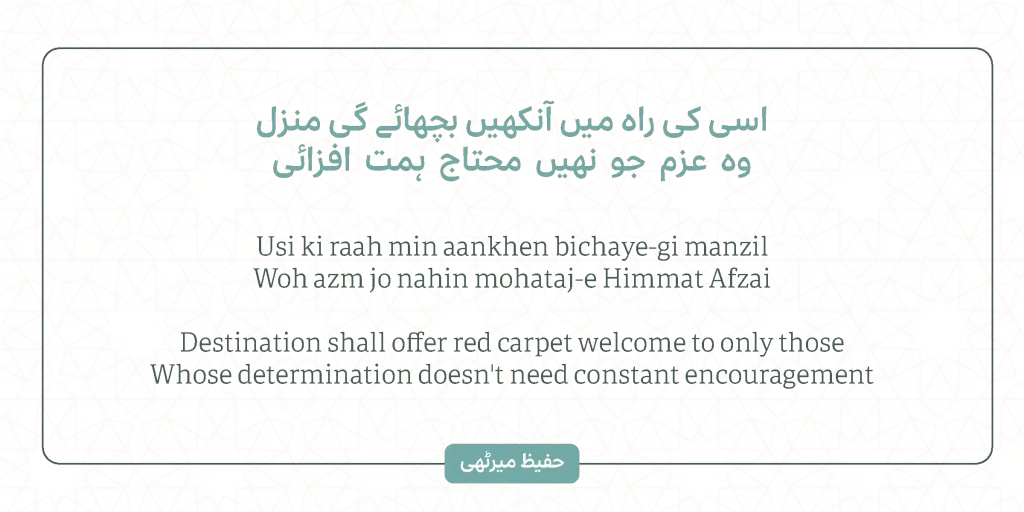
Main Character Syndrome refers to a tendency where an individual perceives themselves as the central figure in life, often interpreting events and interactions as if they are the protagonist in a narrative. This mindset can lead to heightened self-focus and a belief that their experiences and emotions are more significant or dramatic than those of others.
Key focus:
- Ego-driven “main character” vibes can shadow genuine self-growth.
- Entitlement thrives when ordinary life feels beneath us.
- Life’s tests aren’t plot twists— they’re invitations for patience.
- True success is found in humble self-accountability, not constant center stage
In an age where your coffee must match your outfit and your traumas must have cinematic twists, the idea of being the “main character” has become less of a joke and more of a lifestyle. But somewhere between daily affirmations and sun-kissed selfies, this aesthetic mindset often slides into a full-blown identity crisis—where spiritual growth gets replaced by spiritual appearance. What we’re calling “main character energy” might just be self-importance with a fancy makeover.
First, there’s the glow-up from being self-obsessed to being spiritually evolved—except now it just means expecting everyone else to admire your journey and revolve around your healing. When self-love starts sounding suspiciously like a TED Talk hosted by your ego, we might have a problem. The Qur’an gently deflates this with: “Do not walk on the earth with arrogance…” (17:37), as if to say, “You’re not here to outshine the creation — don’t waste your today chasing a perfect tomorrow.”
Then comes the grand illusion: the belief that life owes us a constant spotlight. But if we believe we’re too exceptional for the ordinary, every mundane day feels like an insult. Enter entitlement, burnout, and a deep confusion when we aren’t applauded for brushing our teeth. Allah reminds us of our fragile wiring: “Verily mankind is naturally anxious. If something bad happens, they get upset quickly. And if something good comes their way, they hold it back from others.” (70:19–21). Apparently, we’ve always been a little dramatic.
Next, the obsession with “living for the plot.” Suddenly, grief becomes content, and discomfort is rebranded as aesthetic suffering. But not every hardship needs a trending audio. Sometimes, all you need is patience—not production value. After all, “We test you with good and evil as a trial…” (21:35), not as a reel.
Meanwhile, the Prophet ﷺ—without a doubt is the best of the examples for us—prioritized service over spotlight calling himself but a servant. He didn’t need a narrative arc because he lived with purpose, not applause.
And then there’s the “I deserve this” crowd. When every blessing is manifested, gratitude becomes optional. But the Qur’an reminds: “Whatever blessings you have, it is from Allah.” (16:53). You didn’t manifest that cappuccino. You were provided for.
The real twist? This self-written saga often ends in quiet loneliness. Main character energy tends to sideline supporting roles—like family, community, and humility. Islam reminds us:
“The believer to the believer is like a building whose parts support one another.” (Bukhari 2446, Muslim 2585)
The Prophet ﷺ even interlocked his fingers to show us—we’re meant to hold each other up. Because strength in this world isn’t about standing alone. It’s about standing together.
In the end, chasing the main character energy without grounding it in purpose is like trying to star in a film with no script—just vibes and vanity. We crave divine favor while feeding the ego and seek depth without discomfort. But as the old saying goes, you can’t have your cake and eat it too, you can’t put your ego in charge and expect your soul to grow. The spotlight may flatter, but it’s the quiet, accountable work of tazkiyah (purification) that truly elevates the self beyond the screen.
